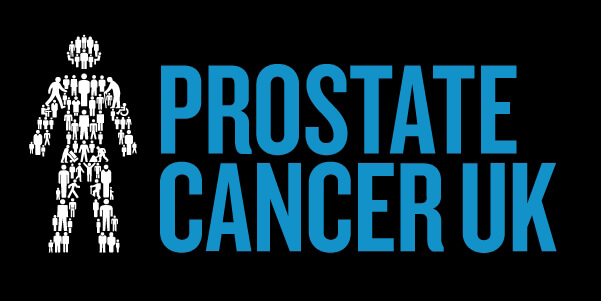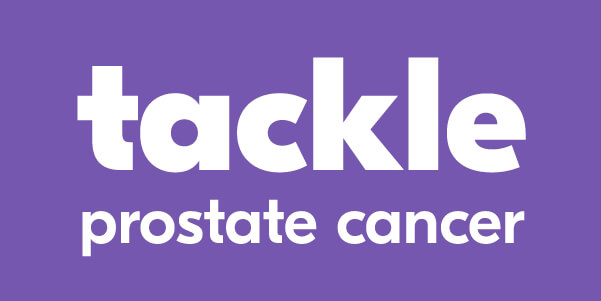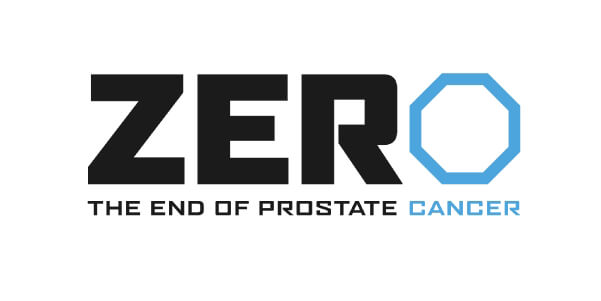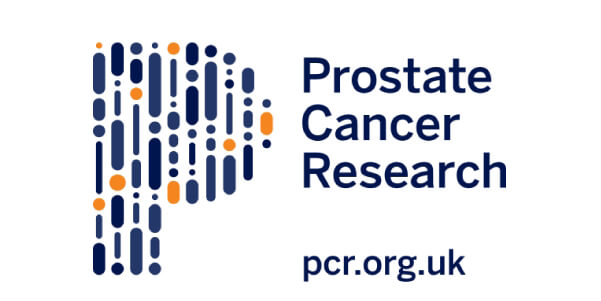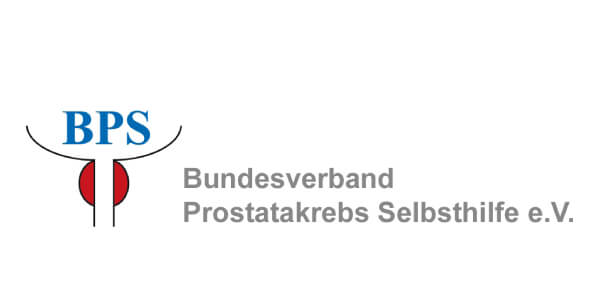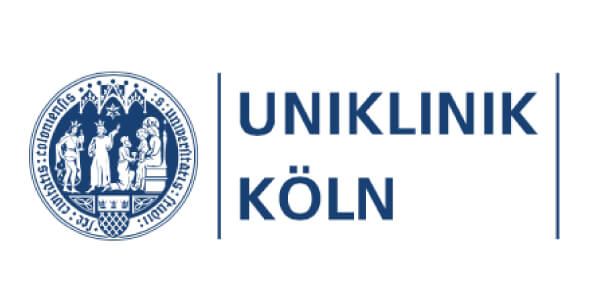In 2021, a diverse team from patient organizations, physicians and prostate cancer specialists, and AAA, a company developing new treatment options for patients with prostate cancer, set out to tackle the objective of finding innovative ways that help patients better deal with their disease and improve their care and outcomes.
As their first action, the group decided that better, scientifically valid insights were needed that represent the opinions of patients, and that will help us identify the most important aspects in the experiences and challenges which patients diagnosed with this disease currently face.
Here is the latest interview by Alicia Morgans (Harvard Medical School & Dana Farber Institute) where she describes our joint project and collaboration.
To collect these insights, we designed and conducted an online survey for patients and their caregivers, starting in 3 countries. Thousands of patients answered the questions in our survey, so that the data collected there can now be analyzed and used to find and improve the most pressing unmet needs of prostate cancer patients.
We want to use this page to provide some insights into the results, as a gesture of our intent to give back to the community that supported this work. Thanks to all the patients that donated their time and answered our questions! We hope that you will find the information in these infographics interesting.
Participants
Surveys from 3 countries1
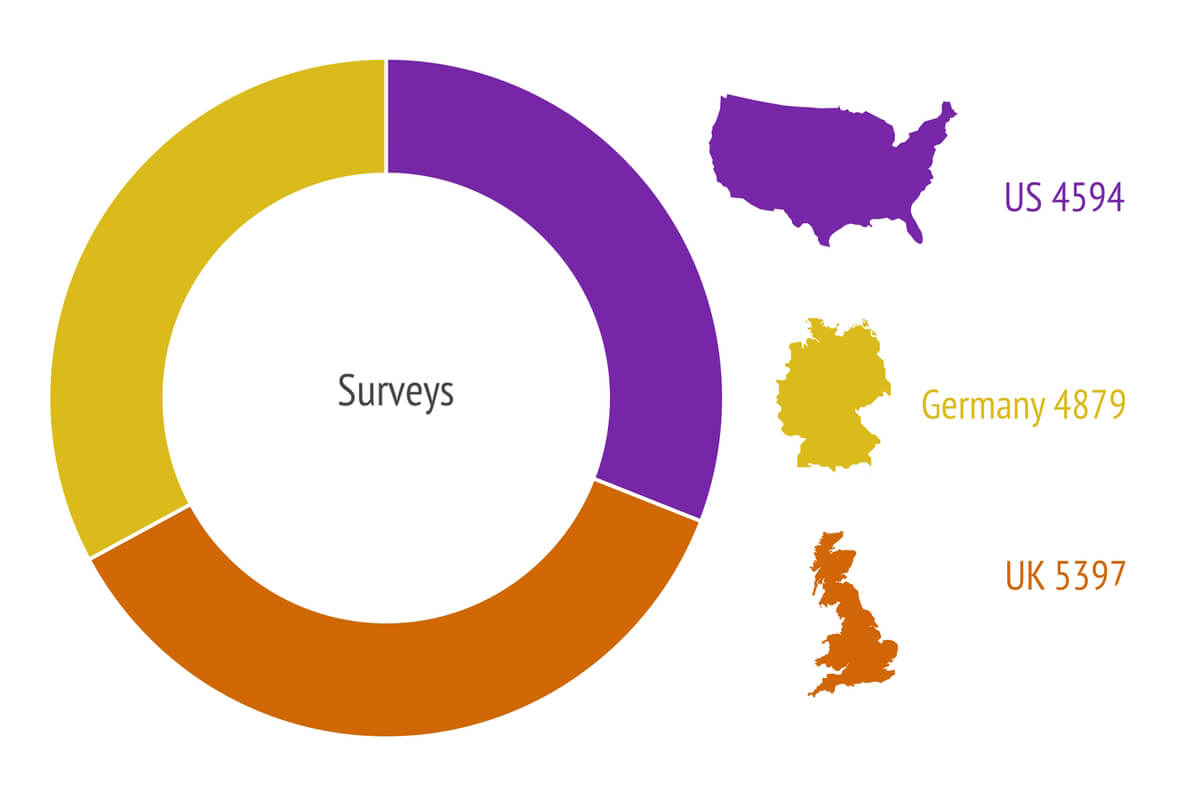
610,335
Total numbers of visitors on the survey website
15,824
Total participants completing all survey questions
70 years
Average age of survey participants
49,9%
Participants who live in an urban city residence
41 min
Average time each participant spent completing the survey
87
Average number of questions answerd by each participant
Total number of participants
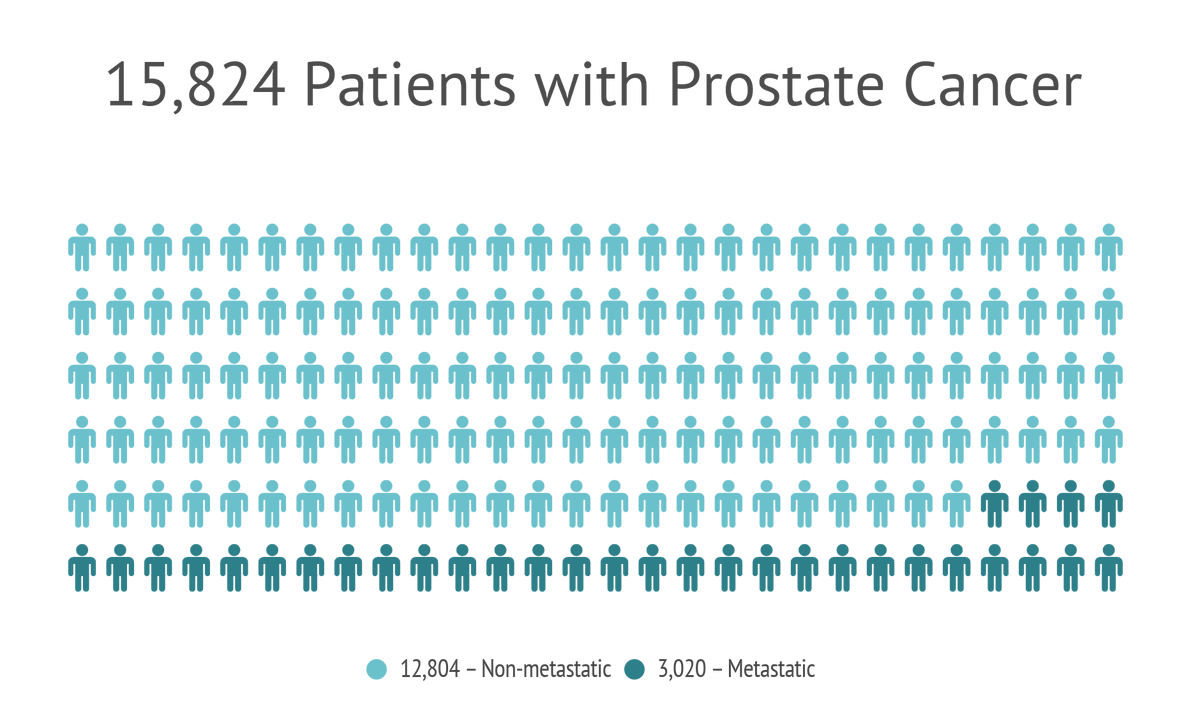
Disease and Treatment Experience
Diagnosed disease stage of participants*1
non-metastatic
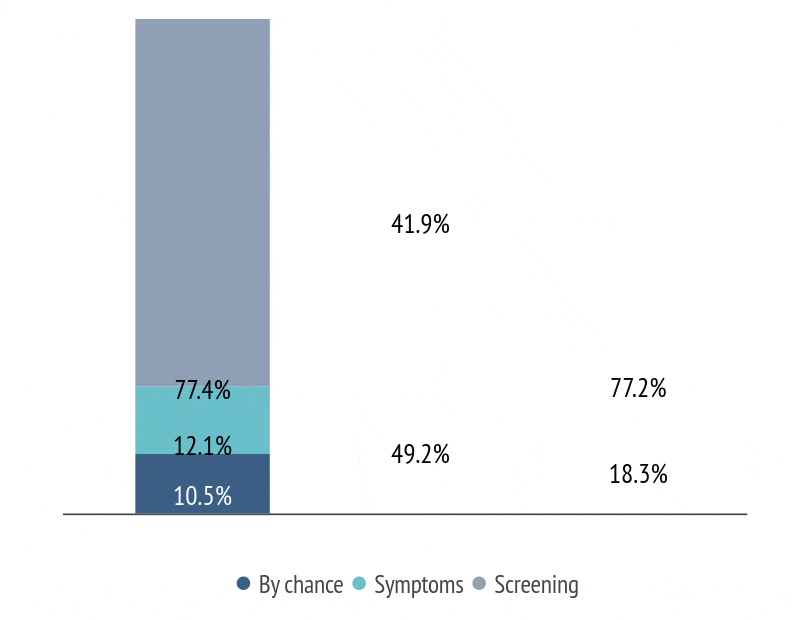
metastatic
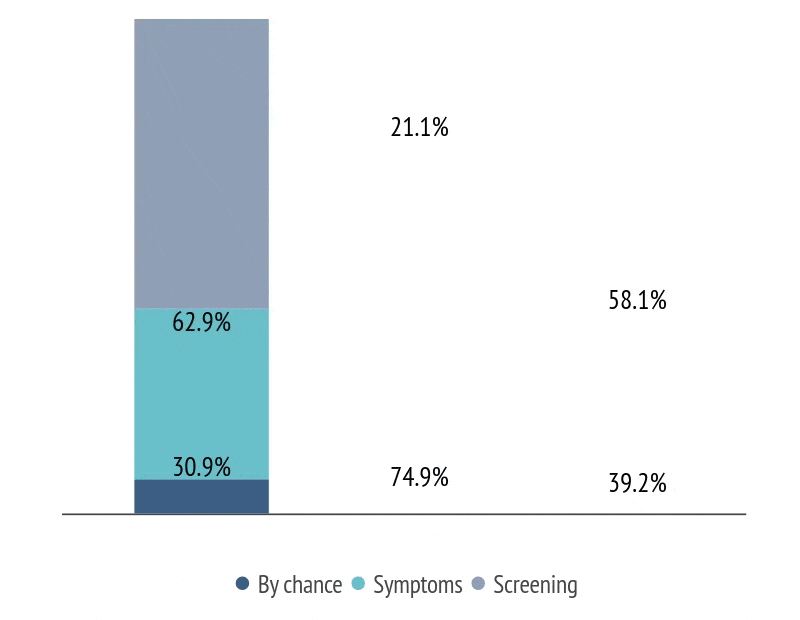
* We have asked survey participants about the way they were diagnosed with prostate cancer: Through a routine health or cancer-specific screening such as a PSA test, due to symptoms such as pain that lead to perform diagnostic procedures, or by chance during the treatment of a disease other than cancer, such as benign prostate hyperplasia.
How many therapies have patients used (on average)?1
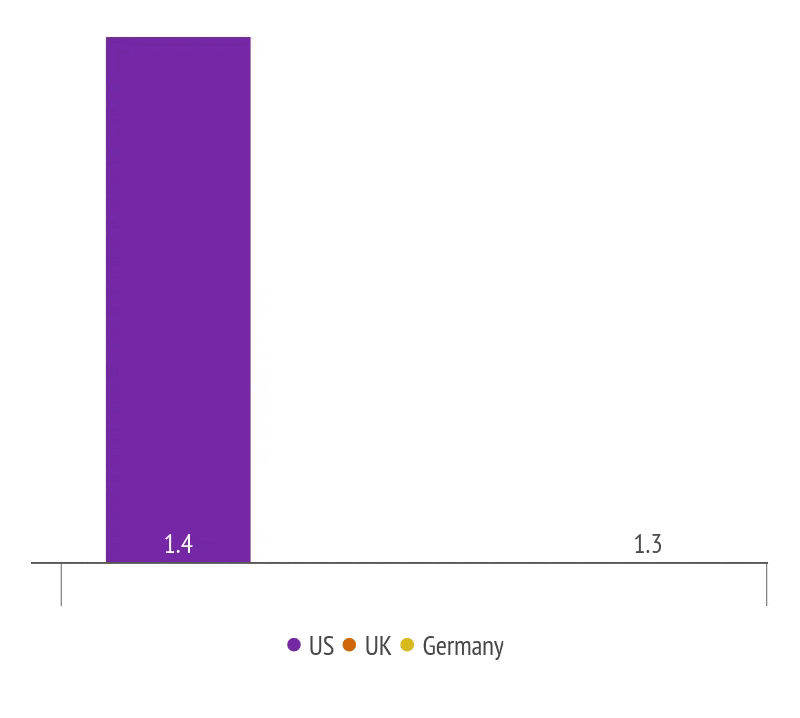
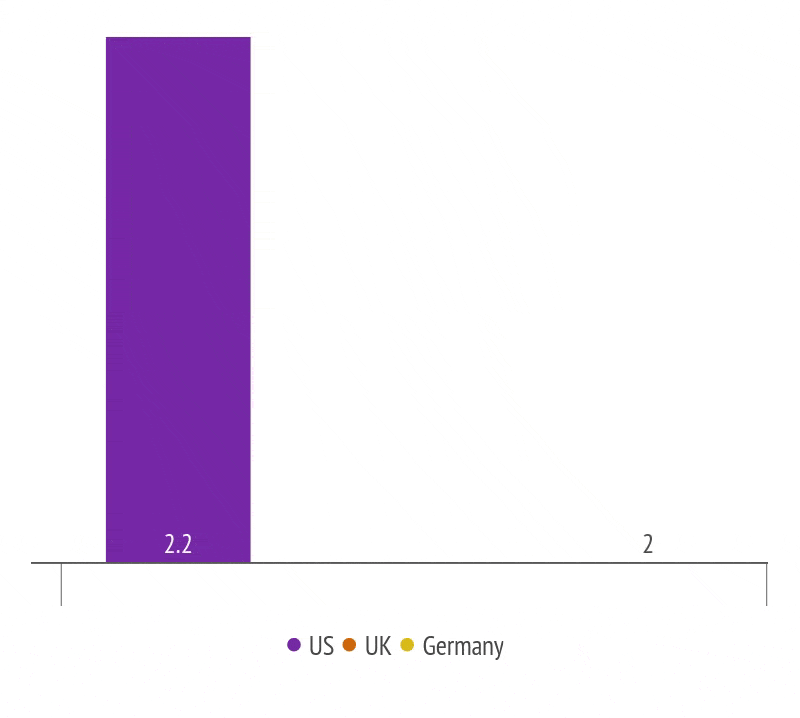
Active surveillance as treatment strategy1
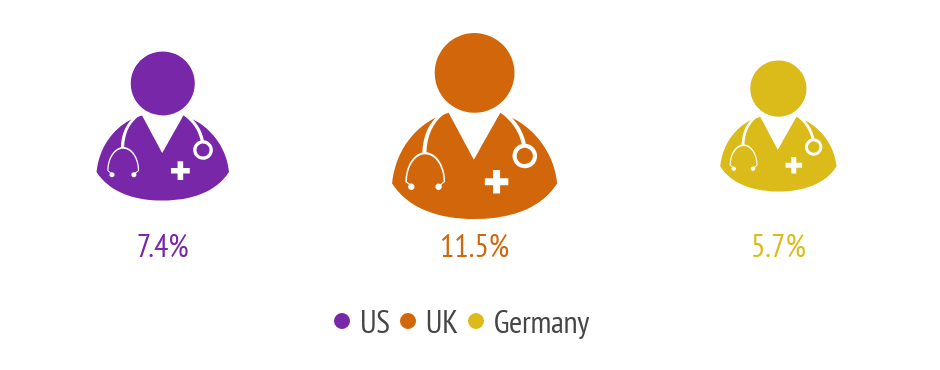
Which treatment believe patients to be very or somewhat effacious?1

Learn more about different treatment options from tackle or ZERO.
Learn more about ongoing clinical trials from AAA
Reference: 1. Alicia K. Morgans et al., DOI 10.1200/JCO.2022.40.6_suppl.016, Journal of Clinical Oncology 40, no. 6_suppl (February 20, 2022) 16-16.
Download our poster presented on ASCU GU 2022
You will receive a confirmation email within minutes. By clicking on the link in the email, you will get access to our poster.

